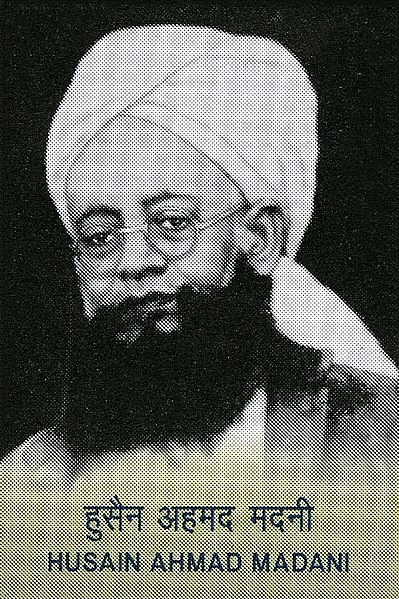Deobandi fiqh is a school of Islamic jurisprudence that is based on the Hanafi school of Islamic law. It is associated with the Deobandi movement, which originated in India in the late 19th century and has since spread to other parts of the world, particularly in South Asia. Deobandi fiqh emphasizes a strict adherence to the Quran and the Sunnah, and seeks to ensure that all aspects of daily life are guided by Islamic law. It places a strong emphasis on the principles of fiqh, or Islamic jurisprudence, and is known for its strict interpretation of Islamic law. It also emphasizes the importance of Islamic ethics and morality, and emphasizes the need for Muslims to lead a pious and virtuous life. Deobandi fiqh has had a significant influence on Islamic education and scholarship, particularly in South Asia and among the global South Asian diaspora. It plays a foundational role in the judiciary of Afghanistan. It has also been associated with various Islamic political movements and has been a subject of controversy and debate within the Muslim community.

Image: Darul Uloom Deoband
Image: Fatawa Rasheediya
Image: Imdad ul Fatawa
Image: Khalid Saifullah Rahmani (2019)
The Deobandi movement or Deobandism is a revivalist movement within Sunni Islam that adheres to the Hanafi school of law. It formed in the late 19th century around the Darul Uloom Madrassa in Deoband, India, from which the name derives, by Muhammad Qasim Nanautavi, Rashid Ahmad Gangohi, and several others, after the Indian Rebellion of 1857–58. They opposed influence of non-Muslim cultures on the Muslim of South Asia. The movement pioneered education in religious sciences through the Dars-i-Nizami associated with the Lucknow-based ulama of Firangi Mahal with the goal of preserving traditional Islamic teachings from the influx of modernist, secular ideas during British colonial rule. The Deobandi movement's Indian clerical wing, Jamiat Ulema-e-Hind, was founded in 1919 and played a major role in the Indian independence movement through its participation in the Pan-Islamist Khilafat movement and propagation of the doctrine of composite nationalism.
Image: Darul Uloom Deoband
Image: Mahmud Hasan Deobandi (cropped)
Image: Hussain Ahmad Madani (cropped)
Image: Sabbir Ahmad Usmani (cropped)







